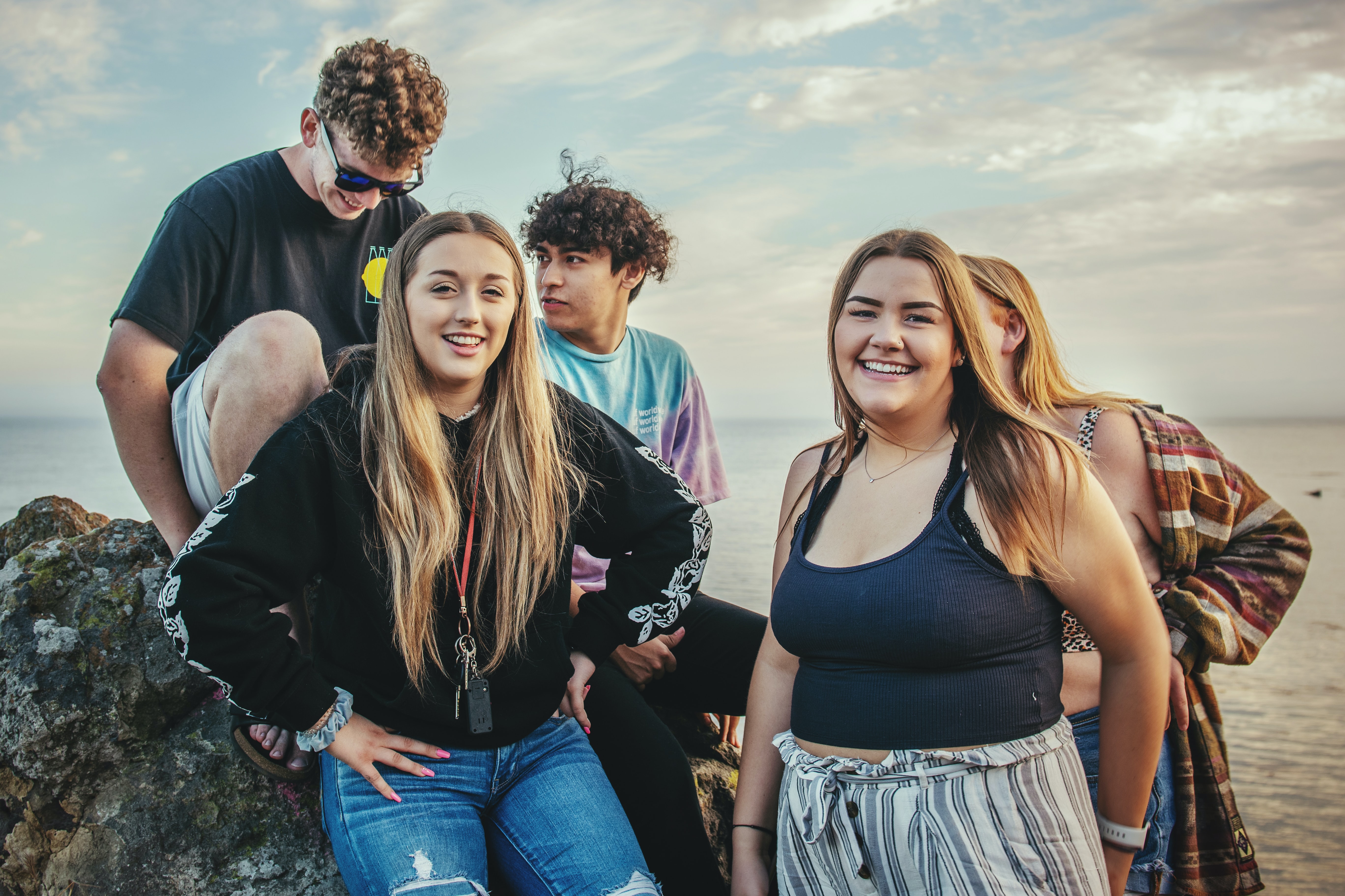News release
From:
The Royal Society
Social influence in adolescence as a double-edged sword
As adolescents prepare for adult roles in society, they are heavily influenced by their peers. Although peer influence among adolescents is often associated with risky and unruly conduct, with long-term negative effects on educational, economic and health outcomes. We conducted decision-making experiments with 146 adolescents showing that in rule compliance, belief formation and prosociality, good and bad examples can change behavior, for the better or worse. Social influence is very strong in early adolescence, but steadily decreases as people approach adulthood. Our results highlight early adolescence as a key window for peer-based interventions to improve developmental trajectories.
Attachments
Note: Not all attachments are visible to the general public.
Research URLs will go live after the embargo ends.

Research
The Royal Society, Web page
The URL will go live after the embargo lifts.
Journal/
conference:
Proceedings of the Royal Society B: Biological Sciences
Organisation/s:
University of Amsterdam, Netherlands
Funder:
L.M. and W.v.d.B. are supported by an Open Research Area
grant no. (ID 176). L.M. is further supported by an Amsterdam Brain
and Cognition Project grant no. 2018. W.v.d.B. is further supported
by the Jacobs Foundation European Research Council grant no.
(ERC-2018-StG-803338) and the Netherlands Organization for Scientific
Research grant no. (NWO-VIDI 016.Vidi.185.068). S.C. is
supported by the International Max Planck Research School on Computational
Methods in Psychiatry and Ageing Research (IMPRS
COMP2PSYCH).



 International
International



